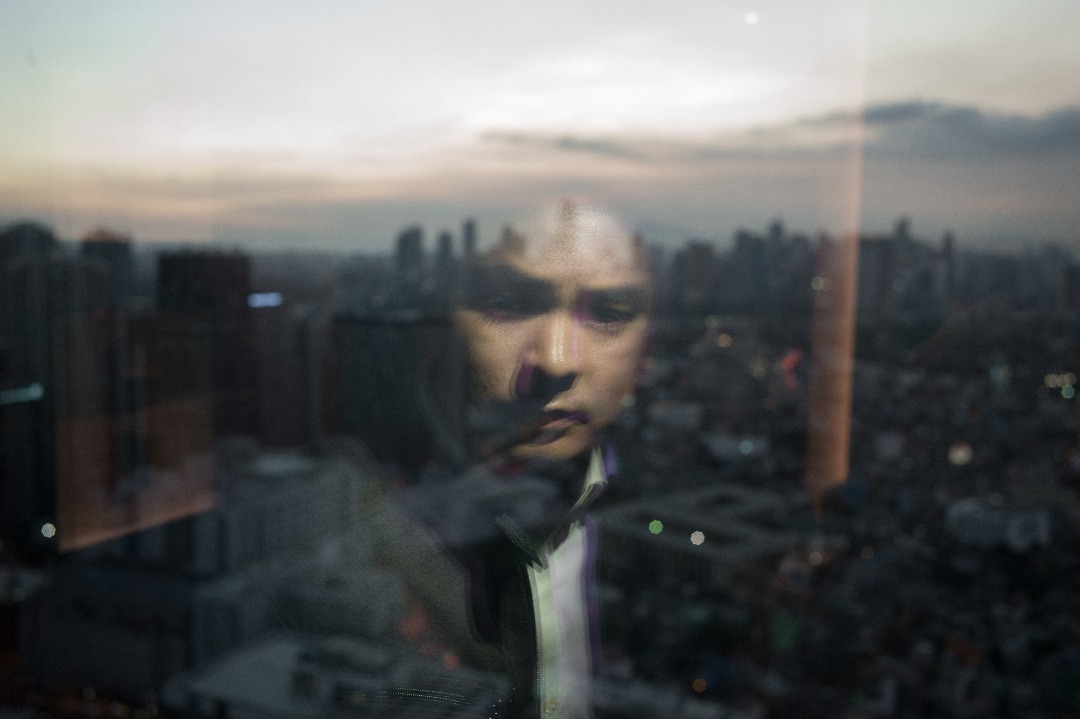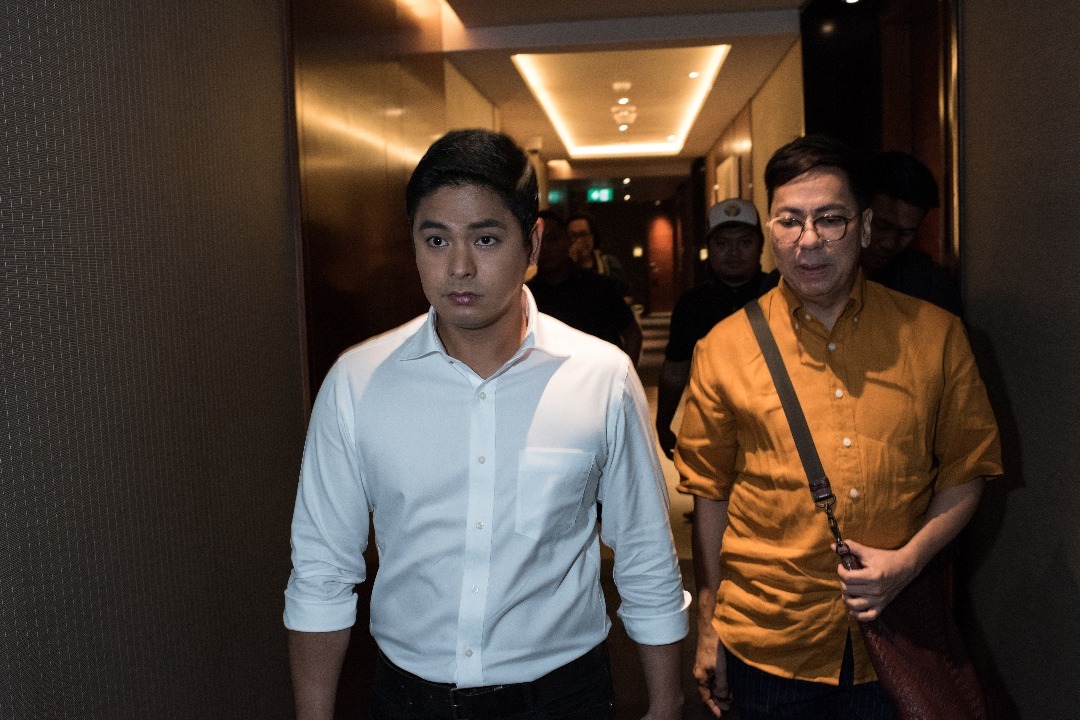As Coco Martin, The Filipino Everyman
Coco Martin is a Filipino everyman. In person, he’s shorter than you’d expect. Disarming; he’s also trim, handsome (but not too handsome) with an empathetic smile and warm eyes. When you meet him, he’s immediately familiar. He could be the mechanic from down the road, the kindly hospital orderly or the overseas foreign worker. Nondescript. Ordinary, but trustworthy.
Meanwhile, the Philippines is three years into President Rodrigo Duterte’s term in office and is fast approaching the all-important midterm polls – including the key senatorial races. The Republic is also face-to-face with the possible future of the Duterte legacy, as the first daughter and current Davao mayor Sara Duterte assembles her own slate of candidates while also dismissing the need for “truth-telling” in public life.
Now 37, Coco is the lead in the Philippines’ biggest TV show, “Ang Probinsyano” (or “The Man from the Provinces”). According to Kantar Media, in February alone, the long-running ABS-CBN show had 41% of nationwide ratings – an incredibly high level of penetration in this celebrity-obsessed nation of over 105 million.
When the series (Coco is also Creative Consultant and occasionally directs) first kicked off – back in 2015 – it was an immediate hit. However, in 2016, as Duterte assumed the Presidency and imposed his macho approach to governing on the country, the show also shifted gear, responding to contemporary realities.
Indeed, Coco Martin’s character Ricardo (or “Cardo”) Dalisay – a steadfast and incorruptible cop – quickly became the cynosure of all Filipinos, reinforcing his popularity and huge commercial appeal.
It all seems to have paid-off: “Ang Probinsyano” has so far run for six seasons and 898 episodes.
The character, “Cardo,” is brave, honourable and devoted to his family. Indeed, it’s hard – if not impossible – to separate Cardo from Coco the star. In the Philippines, actors (just consider former President Joseph Estrada) in their public lives are inevitably an amalgam of their most prominent roles.
Moreover, at a time when the national mood is so steeped in violence and profanity, the Cardo/Coco combine stands out all the more.
“Ang Probinsyano” is great entertainment – the action is fast-paced, the storylines are rich in emotion, replete with love and betrayal. The show ranges across society from the very heights of power and money to the dingiest slums of Tondo and the desperately poor rural interior.
Moreover, the themes covered have become more complex, reflecting the country’s tensions: corruption, illegal drugs, gang warfare and the lawlessness in the provinces.
In a recent episode, the fictional President, infuriated and distrustful of his long-time financial operator cum debt collector, a stout, hard-talking lady called Lily, calls for her elimination. It’s a profoundly disturbing television moment: as searing as anything from “The Bridge” or “House of Cards.”
Coco explains how he’s tried to enrich the plotlines and characterisation: “I’ve drawn on my personal experiences, from where I grew up, the environment of the Philippines and the things I’ve seen in the news – I’ve turned them all into stories for “Ang Probinsyano”.”
The lead actor’s representation of the police force has also drawn criticism from the authorities. He explains: “I have been summoned many times to Camp Crame (the police headquarters), and been asked ‘Why are you tainting the image of the police?’ I explained to them, ‘Perhaps you’ve forgotten, my character is a policeman. This guy goes through everything a normal policeman goes through. The police can be good cop or bad cop. I’ve shown both in the series.”
“The way I see all of this, it’s just a job. I don’t feel the ego, ‘I’m a superstar, I’m famous,’ there’s none of that.” Carlo Gabuco
For a poor boy from a working-class neighbourhood like Novaliches in Quezon City, Coco (his real name is Rodel Nacianceno) never thought he would make it this far. “My parents were separated and I was a street kid. I was always fighting. I used to ask myself why I always ended up in trouble? My dad used to get into fights. He was more violent when he drank, which he did frequently whilst brandishing a gun."
Still, Coco’s rise from obscurity is nothing special. The Philippines is full of such stories.
However, his work and indeed his vision of the world has been shaped by two remarkable men whose career paths may well indicate Coco’s future.
The first is the Cannes Palme D’Or winner Brillante Mendoza and the second is the late film star and former Presidential candidate Fernando Poe Junior (“FPJ”, who was defeated by Gloria Macapagal Arroyo in 2004 in what is now considered to be a deeply-flawed election).
Coco has starred in three of Mendoza’s gruellingly bleak films. Each is ground-breaking but none more so than the 2009 release “Kinatay”. Here, he’s a criminology student with a young family and desperately in need of extra cash. He ends up witnessing the abduction, rape, murder and dismemberment of a prostitute.
Mendoza’s Manila is dark, forbidding and tragic. For Coco, working with Mendoza was formative: “I realised there were no limits and that I was making films where I had to show all of myself and put everything on the table.”
Recent Articles









